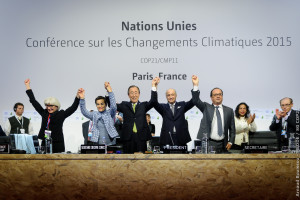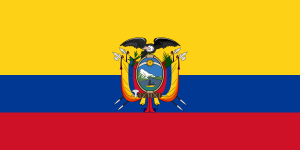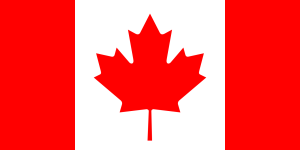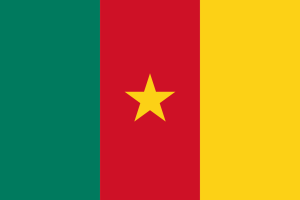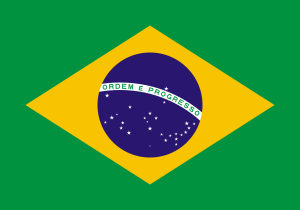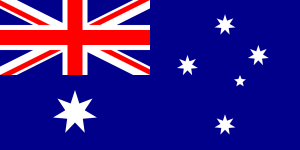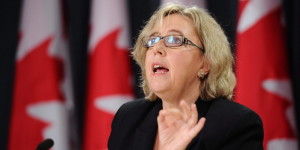
About admin
Latest from admin
COP21: We Have a Deal
admin | December 12th, 2015
The world has a climate agreement – a legally binding, somewhat ambitious, global pledge to reduce greenhouse gas emissions and limit global temperature rises to “well below 2°C.” United Nations
Ecuador – COP21 Profile
admin | December 7th, 2015
Ecuador is a biodiversity hotspot, with some 25,000 species of plants and 1,600 bird species – more than double the number found in Europe. It has the most biodiversity per
Canada – COP21 Profile
admin | December 7th, 2015
In October 2015, a new national government was elected. Incoming Liberal Prime Minister Justin Trudeau pledged that Canada’s role in the UNFCCC will be climate positive, and that its policy
Cameroon – COP21 Profile
admin | December 7th, 2015
Cameroon, located in central Africa, is a highly biodiverse country. The Congo Basin, home to 15% of the world’s remaining tropical forests, lies partly in Cameroon. More than 8,000 species
Brazil – COP21 Profile
admin | December 2nd, 2015
Brazil is the seventh-biggest emitter of greenhouse gases in the world. Emissions from the country’s energy sector continue to grow, and have increased by 44% in the past decade. Brazil
COP21 Country Profile: Australia
admin | December 2nd, 2015
In partnership with WWF, Australia’s COP21 country profile.
Harper, May I?
admin | April 24th, 2015
Elizabeth May, leader of the Green Party in Canada, is a person up for debate—about her inclusion in Canada’s general election’s leaders debates.
China-US Agreement: White Knight or White Noise?
admin | December 12th, 2014
China and the US recently signed a bilateral emissions reductions treaty. The agreement was widely lauded as a game-changer, but will it really prompt a new wave of global action?
Climate Change and Health in Lima
admin | December 7th, 2014
The Verb recaps what happened at Climate and Health day in Lima.




